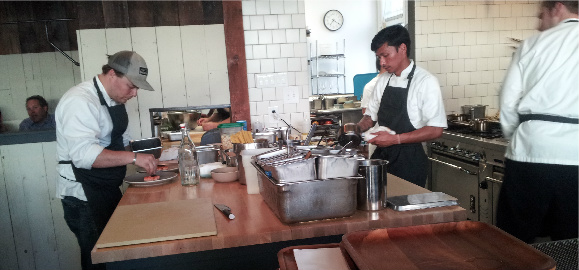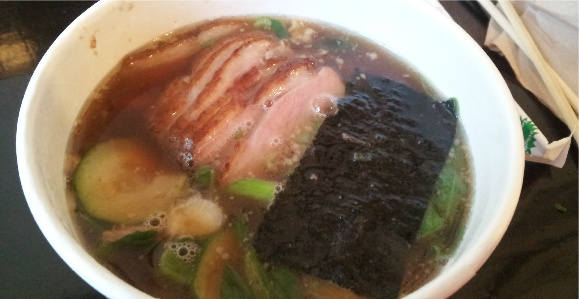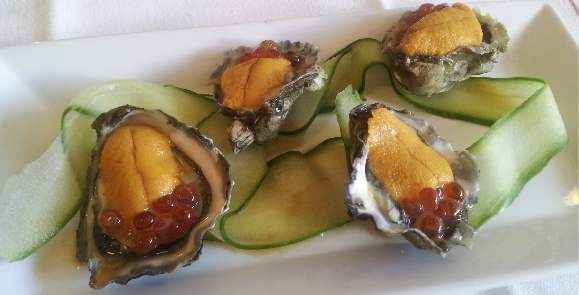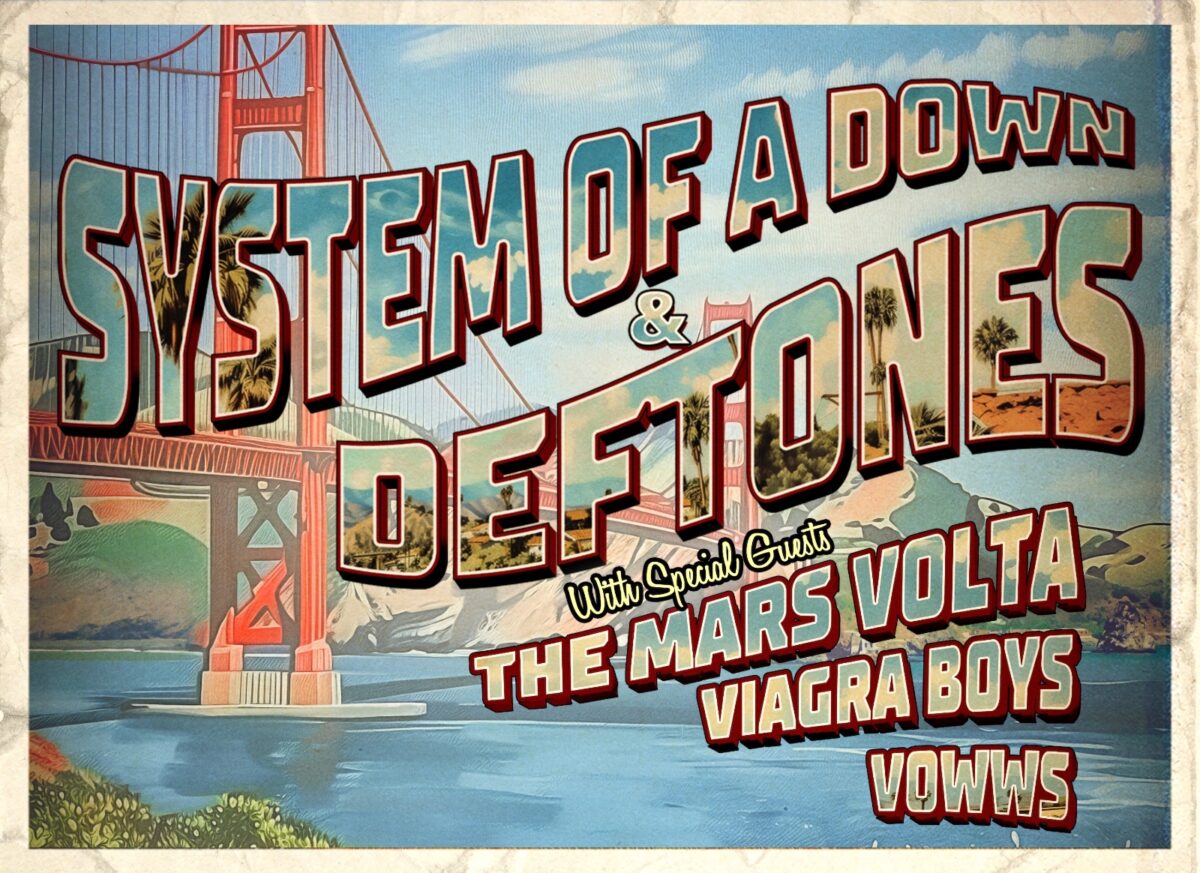Kickstarter – And How the Bay Area Food Industry is Using it.
Kickstarter has helped thousands of entrepreneurs, with millions around the world pledging and backing successful projects. But now, restaurants and food businesses are using it, especially right here in the Bay Area. Fad or here to stay?
First a little about Kickstarter. The company was launched in April 2009 and is now the world’s largest funding platform for creative projects. Since launching, more than two million people have pledged over $300 million to projects in many different industries – from music to film, art to technology and food and publishing. The creators maintain full ownership and complete creative control over their work.
The creator has to first get approval from Kickstarter for his or her project to be a go and then after that, they launch a Kickstarter page, soliciting donations and funding for their project. What makes it truly unique is that this really isn’t about donations or the investment backers make – it is about allowing creativity and projects to get off the ground. With each project, there is a value exchange between creators and backers, with backers getting some type of prize or unique experience for their financial support of a project.
The idea is a burgeoning one in the Bay Area food scene, with restaurants, food purveyors and many others using it as a launching point for their business/restaurant. Some have had great success, others found the sledding difficult. Here are the views of four creators of food-based projects in the Bay Area.
Hapa Ramen – Richie Nakano: Perhaps the most interesting Kickstarter campaign among local restaurants and food businesses, Nakano took the idea of “creative control” to heart. “I have seen other Kickstarter pages before and just felt like if we were going to do this, we were going to go all out. So I wanted the page to not be static,” Nakano said. “I tried to put up content each day so people would be interested in seeing the progress and if they were debating whether to contribute, they would see the amount of work we were putting into it.”
Nakano included videos from friends in the industry about why people should support Hapa Ramen. But even with all the time and effort and use of social media, it was down to the wire, as they were short of their $55,000 goal with 72 hours left. “It was weird because as we got closer to the end, I was really getting nervous. But my business partner was calm. We eventually pulled through,” he said. “What I have heard from others who have done Kickstarter projects is that as long as you’re within reach, a lot of the donations come in at the end. So I was hopeful that would be the case for us as well and thankfully, it was.”
Nakano plans to use the Kickstarter money for new kitchen equipment for Hapa Ramen’s brick-and-mortar restaurant – he’s just not sure exactly what yet. When we talked, he said he was hopeful to be open by the end of September on Fillmore Street. He said he would definitely do it again (he originally applied for a Kickstarter project almost two years ago but it was rejected). “This is more than just about the food community – we had people from around the globe lend their support. I think people saw the true genuine nature of our campaign and wanted to reach out and support us. It was our own social food community.”
Rich Table – Evan and Sarah Rich: As Evan and Sarah Rich were in the process of building their dream restaurant at the old Paul K space in Hayes Valley, they found out what many other first-time restaurant owners have found out; starting a restaurant can cost a lot of money. Through the design process and much of what they had to remodel, they had a vision for what they wanted and didn’t want to have to cut any corners. “We are still doing things with the restaurant. We’re putting in sound panels to dampen the noise. And we’re also finishing up a wine cellar,” said Evan. “The idea for the Kickstarter project was a way to supplement the costs that started to add up.”
But like many other creators, Evan and Sarah also saw it as a way to connect with friends and family, for them to be part of the restaurant. “Many of our family members and friends don’t necessarily have the money to invest heavily in a restaurant. But with the Kickstarter project, they could be a contributor for as much as they felt comfortable giving,” Evan said.
Evan and Sarah said that some of the others that contributed have been in since they opened and it’s been neat talking to them and getting to know them. And those prizes we talked about earlier; one of the cool things they have done at the restaurant is put the names of some of the larger contributors up on the restaurant wall, as a way of giving thanks.
Hopscotch – Jenny Schwarz and Kyle Itani: First-time restaurant owners, Schwarz and Itani had already come up with a business plan but the costs continued to rise as the opening got closer to becoming a reality. “We were 90 days from opening and knew that we needed some extra money. One day, Kyle came across a Kickstarter project from a local food business called FuseBox,” Schwarz said. “We thought it was an interesting idea so we submitted our own project and got approved.”
Schwarz said they wanted to set a reasonable goal that they knew was going to be attainable. And like others, when it came down to the last week or so, they weren’t quite sure if they would make it. “It was nerve-wracking, constantly watching the total on our page. But we were fortunate as with about five days to go, we really started getting the bulk of our funding and the project was a success.”
Like others, Schwarz and Itani thought the Kickstarter project would be a great way for friends and family to see what they were doing from a distance. But Schwarz said it was also about being part of the community. “The great thing about Oakland is that everything is grassroots. There are so many people in the community and in our surrounding area that are supportive of local businesses. We’ve met some of our contributors and they really do come from different walks of life,” she said. “But a lot were from Oakland and it’s nice to see them show their support for our business. They feel attached to us and check in to see how things are going. It really engages people in the neighborhood and surrounding community.”
Schwarz and Itani used the money to build out the bar and for opening inventory and are now off and running.
Culture Kitchen – Jennifer Lopez and Abby Sturges: We featured Culture Kitchen earlier this year. Two Stanford graduates, Jennifer Lopez and Abby Sturges, started the company as a way to showcase the different cultures of the world through the kitchen. They brought on immigrant women as their featured cooks, who taught small classes around the Bay Area. Because they wanted to branch out to service the entire country, Lopez and Sturges created kits that were sent out to customers, each with recipes and ingredients from one of their Master Cooks.
“The idea behind our Kickstarter project was to further expand the kits. We have put the classes on the backburner for now,” said Sturges. “We had already shipped six months worth of kits and had a great response from our customers. So we were developing six more kits, which would also really tell our cook’s stories. We wanted to include professional video that would tell the story of our Master Cooks, where they came from, the culture they grew up in and also help our subscribers and guide them each step of the way through the recipes of the cooks.”
A small company with only a handful of employees, Sturges and Lopex knew they would have to raise a lot of money to fill what they hoped would be a thousand pre-orders for kits. They set their goal high at $150,000 and unfortunately, failed to meet it. But Struges said not all is lost. “It really was a roller coaster ride of emotions. Although we didn’t meet our goal, we found that Kickstarter was a really good platform to get the word out about what we’re trying to do,” she said. “We also got a lot of feedback from people who backed the project and found out what parts of Culture Kitchen were really resonating with them.”
Sturges said that although she and Lopez are disappointed, they are continuing to grow their community. Culture Kitchen is now offering the three most popular individual kits through its website or in a three-kit bundle. She said they will continue to update their blog with new recipes and hope to one day get the funding for a new kits that they can distribute across the country.
So some success and some failure – but Kickstarter has proven to be a key way for businesses and owners to connect with their community. Especially for smaller food businesses, it seems like a great idea to not only get some much needed funding, but also to announce their presence. Expect it to be a significant part of the food culture for years to come.













[…] have examined the move by many restaurateurs to use Kickstarter to fund new ventures, whether it be the opening of a new restaurant, or expansion of an existing […]